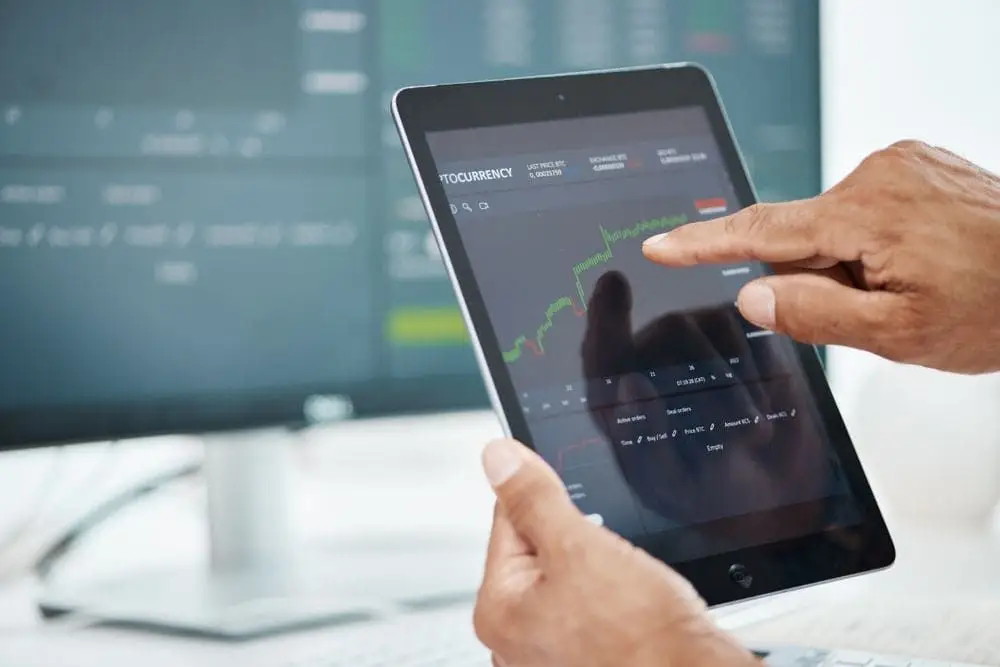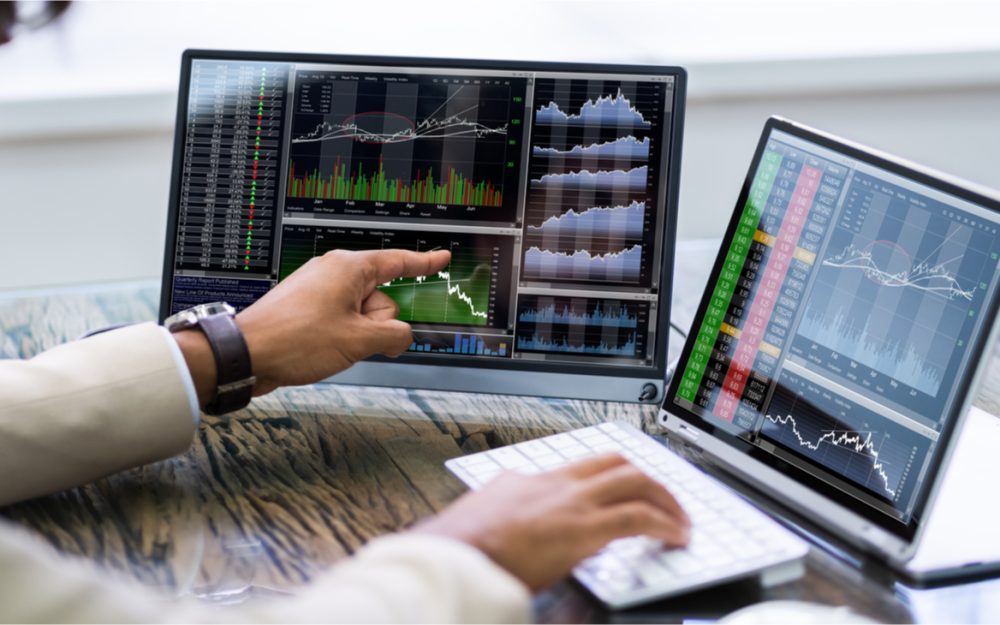The financial market offers many ways to earn and hedge. One of the most versatile tools is futures contracts. For a beginner, the term may sound complex, but in reality, it is not so difficult to understand. It is important to understand why futures are needed, who benefits from them, and how they are used in trading. The effectiveness of a strategy and risk management depend on this.
What are futures in simple terms?
A financial derivative is a transaction in which parties agree to buy or sell an underlying asset in the future at a pre-agreed price. The parties do not negotiate terms each time but work according to a standard template approved by the exchange.
The agreement does not necessarily lead to the actual delivery of the goods. In most cases, settlements occur in cash – based on the difference between the transaction price and the current market value.
To understand why futures are needed, it is worth considering the two main groups of participants: speculators and hedgers. The former profit from price fluctuations, while the latter hedge their business against adverse price changes.
What are futures used for in the real economy?
The futures market for beginners serves several purposes. The main one is to eliminate uncertainty in the price of an asset in the future. For example, an agricultural company knows it will harvest crops in three months. With an agreement, it can fix the execution price now, avoiding losses in case of reduced demand. The buyer, in turn, receives a guarantee of volume and price.
Thus, the question “why are futures needed” is practical: they allow risk management, stabilize settlements, and forecast income.
Types of exchange-traded derivatives: classification by settlements
All agreements are divided into two categories: delivery and cash-settled. In the first case, there is a real transfer of goods – for example, oil or metals. In the second case, it is just a cash settlement, without physical delivery. The second option is more popular among traders. The main types are:
- delivery – obligation to complete the deal by delivering the asset;
- cash-settled – the outcome of the deal is the cash difference between the market and contract price;
- currency – based on the exchange rate difference;
- stock – on indices or individual stocks;
- commodity – on raw materials, energy resources, agricultural products.
Understanding the contract structure helps to understand why futures are needed and which type is best suited for a specific task.
How trading with financial derivatives works?
A trader opens a position to buy or sell a contract. The transaction is carried out through a broker who places the order on the exchange. When the price changes, the trader either earns or loses. All changes are recorded daily through variation margin – the amount that is debited or credited to the account depending on the result.
The financial result depends on leverage, i.e., the ratio of invested funds to the transaction volume. Margin requirement is the amount that the trader freezes when opening a position, as collateral with the exchange.
Here it becomes obvious why futures are needed – they allow trading assets with minimal investments and high liquidity.
How to profit from futures: strategies and approaches
Profit is generated by making the right price movement forecast. If a trader bought an agreement cheaply and sold it at a higher price, the difference becomes profit. It is important not only the entry point but also the moment of closing the position, as well as choosing the size of the margin.
Contracts can be used as a speculative tool, a complement to an investment portfolio, or a hedging method. However, success requires experience, discipline, and an understanding of what futures are and their logic.
Advantages of using speculative contracts
The instrument remains one of the most flexible in the market and offers a multitude of opportunities for traders. The advantages of futures agreements:
- high liquidity;
- ability to open short positions;
- access to various sectors of the economy;
- small initial investments;
- standardized conditions;
- quick entry and exit from a deal;
- transparent calculations;
- broad diversification opportunities;
- high volatility – income potential;
- versatility – suitable for hedgers and speculators.
These properties explain why futures are needed, especially in conditions of unstable economy and high market fluctuations.
Risks of trading futures for beginners
High profit potential is accompanied by significant risks. Lack of experience, weak risk management, and emotional decisions often lead to losses. Trading with leverage is particularly dangerous, as losses can exceed the initial capital. The main risks are:
- sharp price fluctuations;
- difficulty in predicting asset movements;
- margin requirements;
- rapid position burnout in volatility;
- lack of experience in managing a position;
- high psychological stress;
- possible technical failures with the broker;
- hidden fees;
- price slippage;
- potential liquidity shortage in specific sectors.
For beginners, it is important to start with a demo account, test strategies, and learn the terminology.
The role of futures contracts in an investor’s portfolio
Agreements can be used not only for short-term speculation but also as a hedging or risk management tool. For example, an investor who bought shares can hedge against a decline with a short position in an index.
Also, delivery contracts provide access to sectors that are not directly available – such as oil, grains, currency, expanding horizons and making the strategy more flexible.
Thus, the question of why futures are needed is one to which every investor can give their own answer: from insurance to active trading.
How to choose a broker for trading?
To work with transactions, a licensed intermediary is required. A broker provides access to the trading platform, ensures settlements, controls margin requirements, and executes agreements.
The choice of a broker depends on the level of service, tariffs, reliability, and speed of order execution. It is not worth chasing minimal commissions – the main thing is for the system to work stably, especially under high load.
Why futures are needed and who they are suitable for
A financial derivative is a versatile tool used by both beginners and professionals. The ability to profit from both growth and decline, work with minimal investments, and access various markets makes them indispensable in modern trading.
Why are futures needed? They allow risk hedging, opening positions on assets without owning them, and efficiently allocating capital. But despite all the advantages, it is important to exercise caution, manage leverage, and not neglect analysis.
The futures market can provide significant income, but it requires responsibility. Only with a clear strategy, discipline, and understanding of the instrument’s principles can stable results be achieved.
 en
en  ru
ru  de
de  ar
ar  es
es  nl
nl  hi
hi  fr
fr  it
it  pt
pt  el
el 



